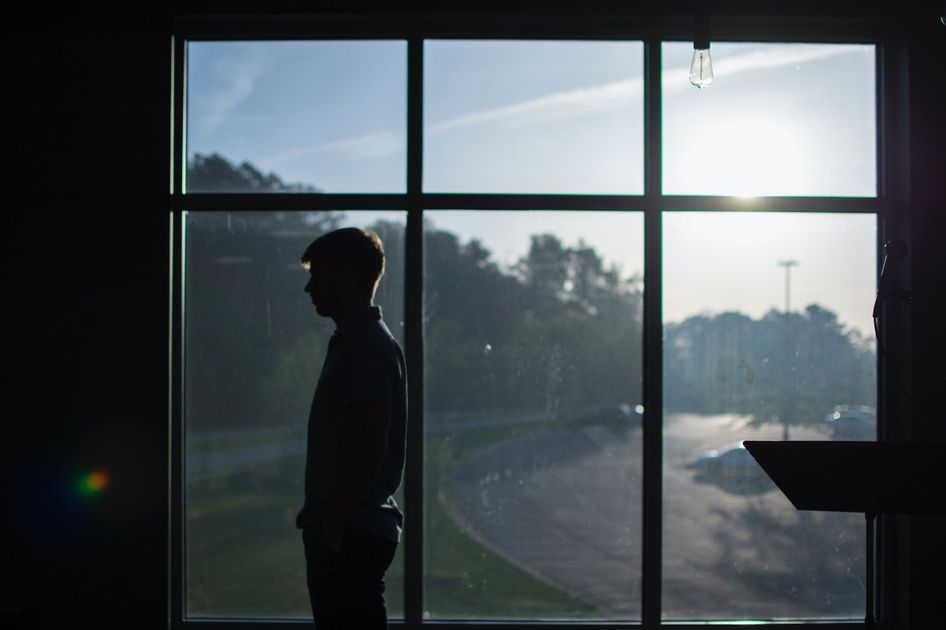
Dear Readers
When we published our last edition of Mind, Body & Soul, back in February, the world looked very different. The coronavirus was still perceived as a far-off threat. The terms social distancing and flattening the curve did not mean anything to us. Most of us did not think of our country as having limited healthcare resources, from PPE to hospital beds to ventilators. Few of us imagined that the industries and vocations we once chose were not on the most solid of footing.
Orthodox Jews have discovered that our greatest strengths—the capacity for community; the tendency to congregate; the tenacity to observe mitzvos, no matter what the obstacle—can render us uniquely vulnerable. Many of our communities have been subjected to blaming and shaming, often undeserved.
We’ve suffered unspeakable tragedy. A shockingly high percentage of our elderly leaders have been snatched from us. We’ve lost grandparents and parents, neighbors and community members, many before their time. An alarming number of those who do survive COVID-19 have been subjected to painful, harrowing experiences. Children no longer have access to the full school experience. Older students’ studies and career aspirations have been derailed. Family breadwinners wonder how they will make their next mortgage payments.
At a time where so many of the external conditions upon which we base our life have crumbled, we may benefit from considering the view from within. The view from within starts with our acknowledging, without self-judgement, our starting point. This includes our thoughts, feelings, and expectations. The view from within continues with our considering how we can mobilize, how we can find meaning, given the constraints of social distancing. It heads toward conclusion when we consider the unique opportunities that may be afforded to us.
In terms of acknowledging our starting point, Menachem Hojda demonstrates how crises tend to trigger our brains, in both helpful and unhelpful ways. Esther Gendelman invites us to compassionately face our fears and uncertainties about how well we’ve responded to the crisis.
In terms of mobilization and meaning, Chana Mark highlights not only the primal fears that COVID-19 evokes, but the soothing, healing power we can draw from faith in Hashem. Tzipora Shub notes that we are now forced to consider, and perhaps confront, what is truly meaningful in our lives.
There is, yet, another way to frame the view from within. There are times that humanity can be expansive and populate the earth. There are other times that humanity is forced to retreat to a small space—to contract and focus on interiors.
During the Mabul—the Great Flood—Noach and his family, together with the animals, could not live in the outside world. It was deemed unsafe. They needed to stay within the bounds of a relatively small structure—the Ark.
While in the Ark, the attention of Noach and his family focused inwardly, toward providing care to the most vulnerable creatures among them. Noach and his family were implicitly advised to put some of their own needs on hold.
We can only wonder whether the monotony of repeatedly feeding the animals afforded them time to meditate on their present, past, and future. Might they have recoiled in horror, contemplating the agony of those not protected by the Ark? Did they ask themselves whether they could have done more to save humanity? Did they imagine how they might rebuild a safer, better, more wholesome world? What was their view from within?
While it may be tempting to try and divine Hashem’s will, few of us, if any, know what COVID-19 is intended to teach us. One thing that we do know is that these past few weeks and months have largely been a time for contraction, for keeping ourselves separate from the larger world and even from our own beloved communities. This has not been easy.
Many of us, though, while sheltering in place, have found increased opportunities for giving, whether to children, to shut-ins, or to those who are suffering from illness. Might we be creating resiliencies that can accompany us out into the world when the quarantine lifts?
As we bump up against the walls of our own “Arks,” might we find increased opportunity to be mindful of our immediate present, to ponder our past lives and also the indeterminate future? What are the meanings we may discover, the meditations we might savor, the reflections on which we linger?
I hope these questions and the questions raised by our contributors are ones that we can all ask ourselves as we wait and, perhaps, wait even longer for Hashem’s redemption.
 Previous
Previous

